Suppose you hear a loud noise from your toilet every 30 minutes or so, either when it flushes or at random. This can be a sign that something is wrong. You might also hear a whistling sound, whooshing, or bubbling noises. We have thoroughly researched and asked experts to provide you with the best advice on what to do.
Start by looking at the state and location of the toilet valves. If the valves are worn or brittle, they could be one of the main reasons for the noises you hear. Although many things can make a toilet noisy, here are possible culprits behind this problem.
- Toilet valve leak
- Inoperable fill valves
- Leak in your sewer line
- Drain blockages
Toilets are sturdy plumbing appliances that can survive for many years, but they are susceptible to occasional plumbing problems. You'll find that they can make strange noises in addition to clogs and leaks, especially if you've been using them for a while. Please read on as we go into greater detail about the causes of these random toilet noises.
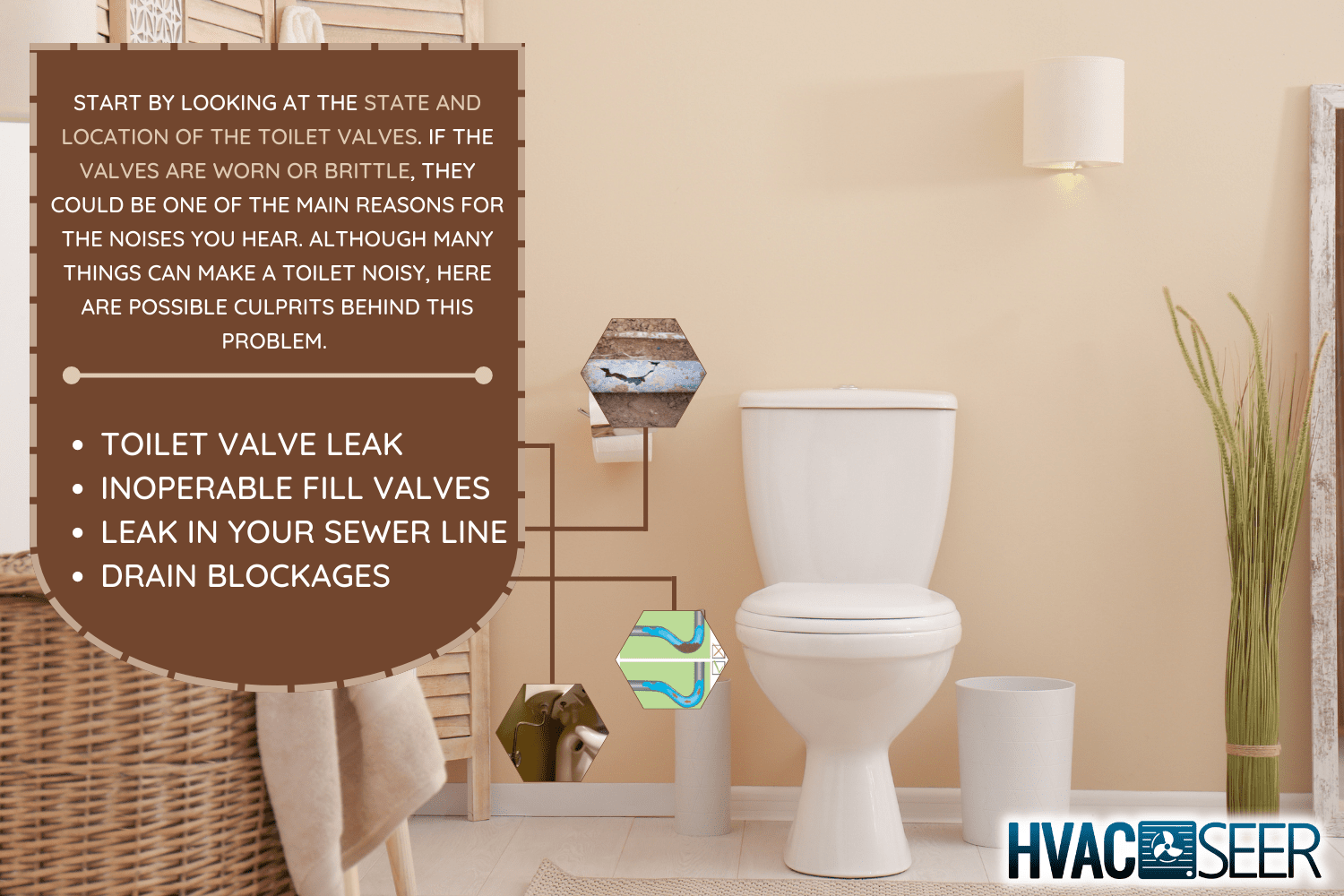
Toilet Making Noises
Toilets shouldn't be making random noises, especially when we are not using them. Such occurrences can be a problem with your plumbing. Below are some of the reasons you have a noisy toilet.
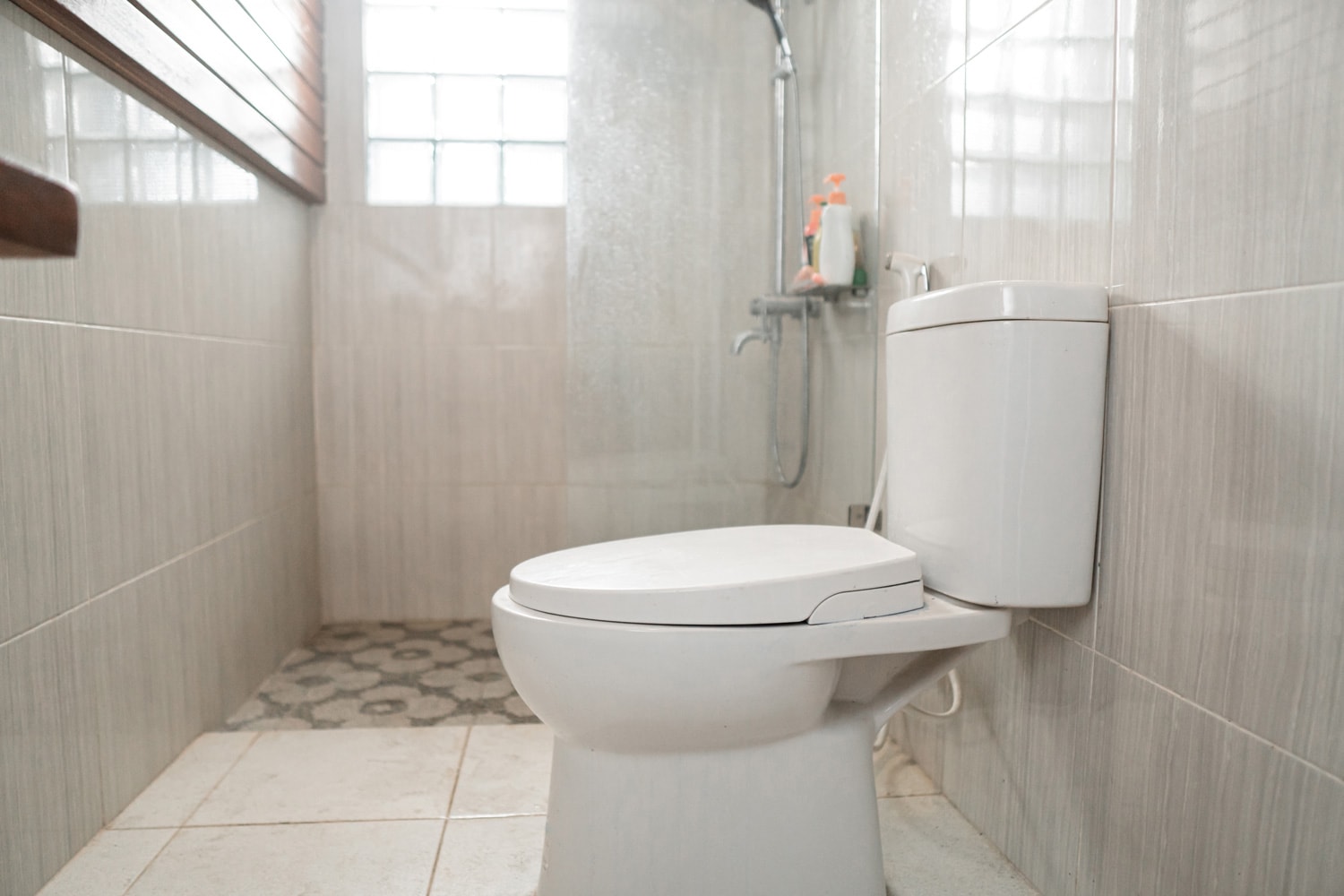
Toilet Valve Leak
If your flapper has been repaired or changed, but your toilet is still dripping, your flush valve may need replacing. The flush valve makes it easier for the water to get from the tank to the bowl so that it can perform the actual "flushing." Water may still be pouring down from a faulty flush valve long after you've flushed.
An Inoperable Fill Valve
Noise may also be heard when an old fill valve is malfunctioning. If you hear whistling, it's probably coming from a slowly leaking valve. It could be possible to fix the malfunctioning fill valves by adjusting them until the whistling noise stops.
The valve will likely need to be replaced if it doesn't work. If the fill valve fails to shut off when needed, the solution may be to reset the float arm to a lower level inside the toilet.
Leak in Your Sewer Line
The worst-case scenario frequently involves a leak in the sewage line as the cause of a leaky toilet. You should take immediate action to prevent severe property damage from this kind of leak, which has the potential to grow into a much bigger problem.
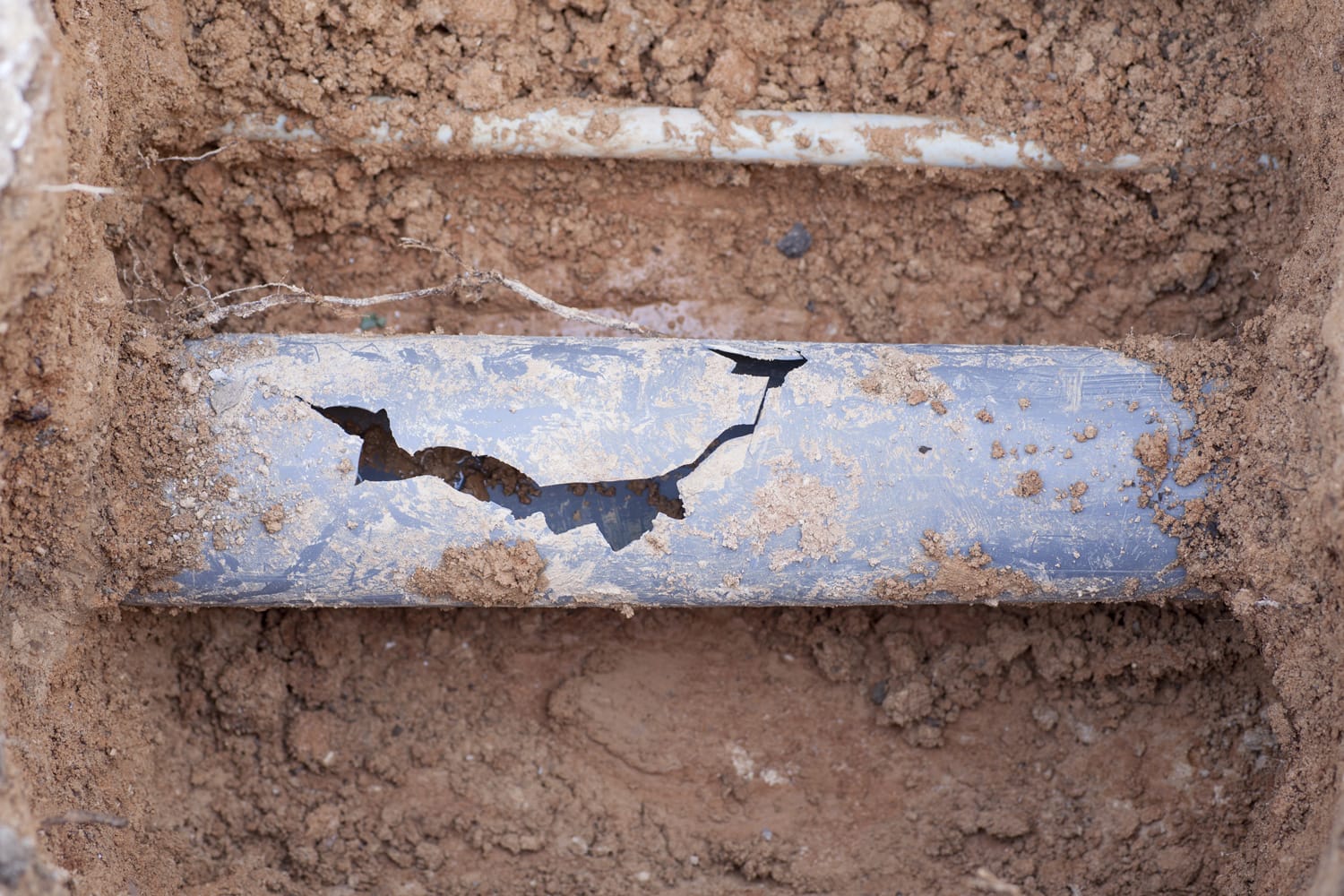
A toilet leak brought on by the deterioration of materials can easily be fixed by changing the defective parts with new ones. In some other situations, it may signal that the toilet was fitted incorrectly from the start.
Drain Blockages
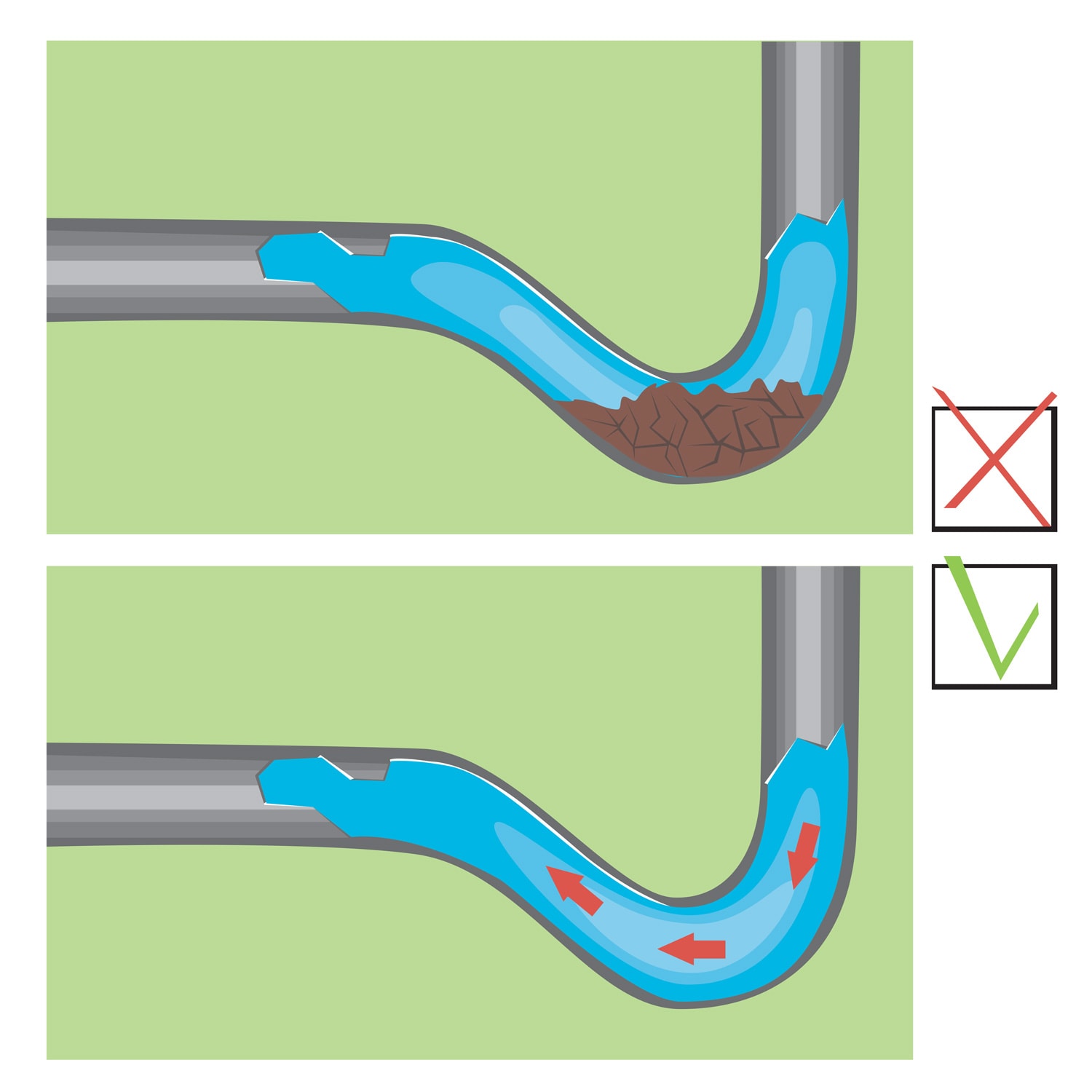
The most frequent cause of gurgling and bubbling toilets is usually a blocked drain, which can occur in the sewer drain, the vent stack, or the toilet drain itself. Having a sewage line obstruction is a major problem if your toilet isn't the only drain in your home that is gurgling.
What Are Common Toilet Noises And Its Causes?
You should be aware of the potential meaning of each noise and when it needs repair. There are a few sounds that toilets frequently produce while not in use. Some of them denote minor issues, while others denote more serious issues.
When your toilet isn't in use, it can create one of four frequent noises: banging, whistling or squealing, ghost flushing, or hissing.
You've come to the right place if your bathrooms are emitting unusual sounds, such as running water, phantom flushes, and other "unexplained" occurrences. Continue reading to learn what the various noises a toilet can make indicate and how to solve them.
Banging, Reverberating Sounds
Your toilet making loud banging noises can startle you and frustrate you to no end. Typically, this noise is heard immediately after your tank has finished full. When the refill pipe closes, the water rushes into the shut-off valve and abruptly stops flowing through the pipes, causing disturbing sounds.
A loud banging noise may occasionally be heard from your toilet after you flush it. This "water hammer" sound, which is frequently heard, may be a sign of relatively bad water pressure in the supply lines.
It might also imply that there is some kind of restriction on the water supply to the toilet tank.
Squealing or Whistling Sound
If you hear a loud noise coming from your toilet after you flush it, this is the tank refilling. The ballcock valve is the most likely cause (also known as a float valve).
Even while the problem can occasionally be fixed by tweaking the current ballcock mechanism because the parts are so inexpensive, many people just replace the entire thing.
Homeowners with knowledge about plumbing could decide to perform this replacement themselves. A skilled plumber should be able to make the repair quickly and eliminate this strange toilet noise if you are uncomfortable or do not have the time to do it yourself.
Hissing Sound
When the fill valve does not close and seal properly, air or water can leak from the fill valve, causing the toilet to whine, hiss, or make air noises. Start by changing the fill valve if it isn't shutting properly. Call a plumbing expert if this doesn't resolve your issue.
Ghost Flushing
If your toilet seems to flush on its own, the water in your toilet tank is probably slowly seeping out, most likely due to a broken flapper. The water turns on when the float drops below a predetermined level, and suddenly the toilet flushes on its own.
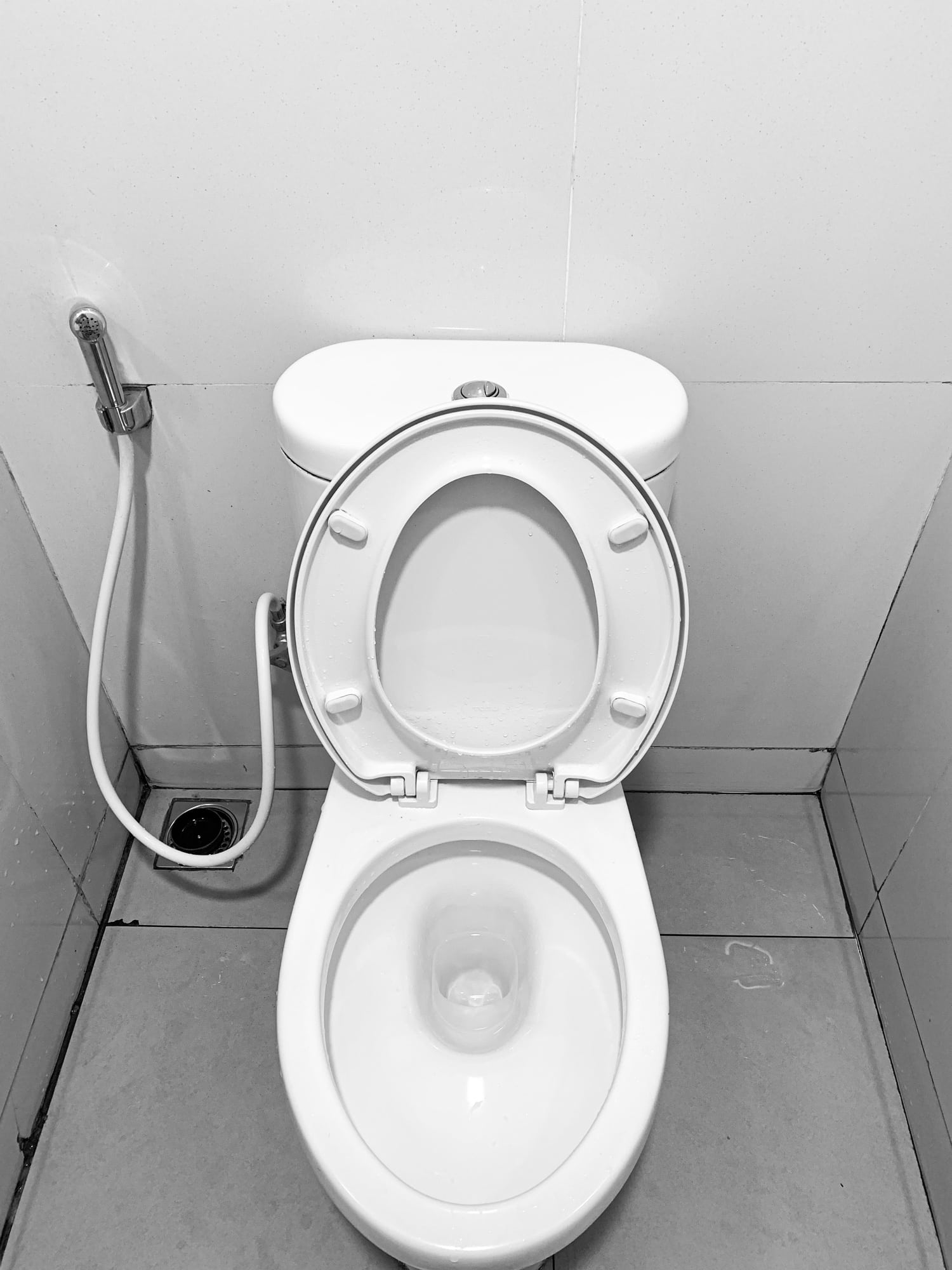
Fortunately, changing the toilet flapper is another quick and simple task you can do yourself or hire a plumber for a very affordable price.
Put some food coloring in the toilet tank, wait for about 30 minutes, and then check to see if any of the food colorings have gotten into the bowl to see whether the flapper is the problem.
How to Remove Air in Toilet Pipes?
Water lines with air in them may likely hiss or pop as it leaves the pipes. The causes can be easy or complicated, and the source of the air can change depending on the circumstance.
When the air in water pipes appears to be the issue, the repair is typically rather simple and only needs a few actions from you, the homeowner. These actions include:
- Shut off the main switch
- Allow air to come out
- Return the flow of the water and replenish the system from the main.
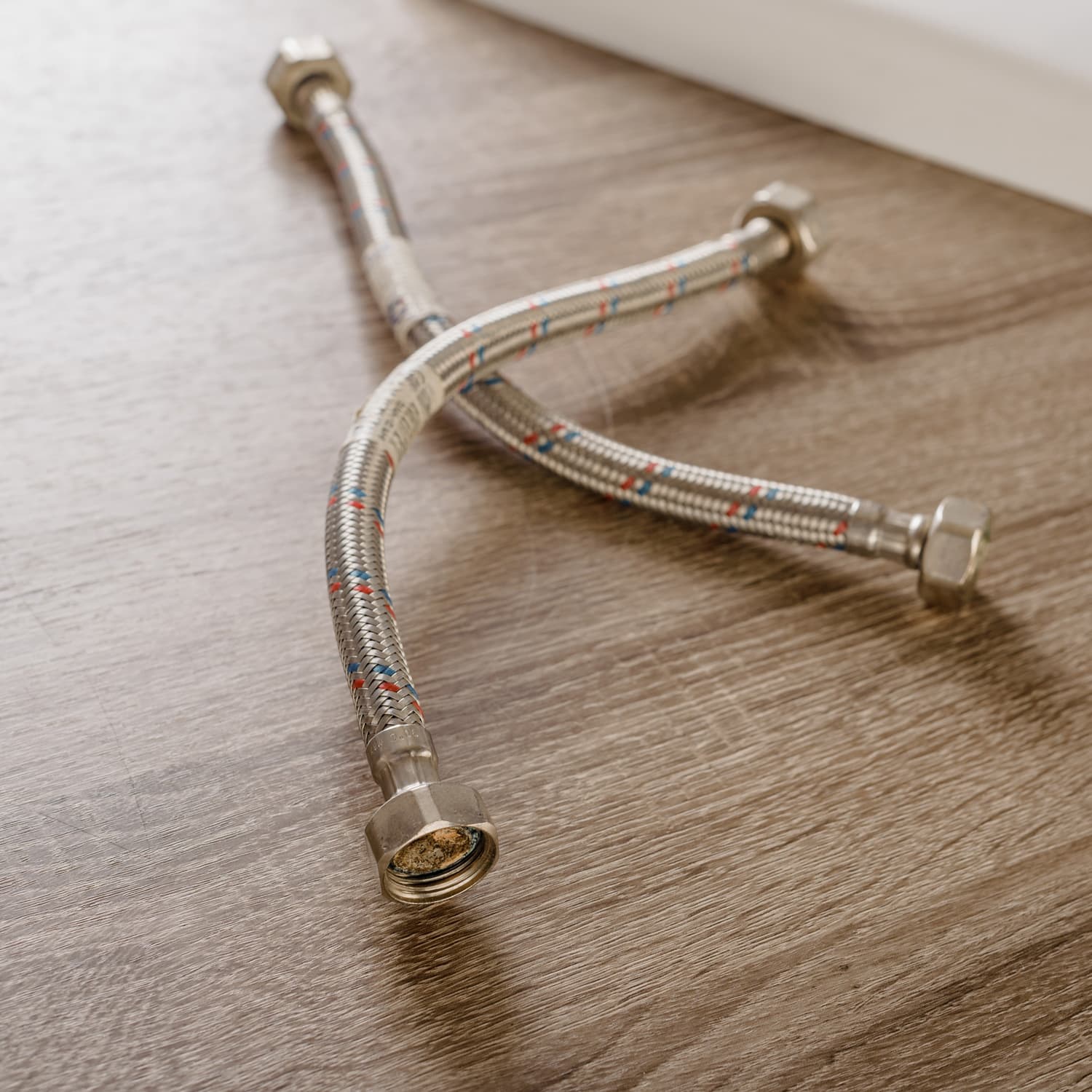
If the air is leaking from your water pipes, you might be able to fix it quickly yourself. Continue reading to find out how to identify air in water pipes and how to remove it.
Main Switch
The valve at the point where water enters your home is called the main or "shut-off." Older homes often have a gate valve in the shape of a star from a garden hose as their main.
Close this valve if there is air in the pipework. Do not try to push it to move if it doesn't shut off entirely or if it is calcified by hard water.
Allow Air Out
The goal is to systematically provide air with a passage out of the plumbing, if there is any. Open each hot and cold faucet by about a half turn once the main has been turned off.
Work your way to the farthest faucet starting with the one that is closest to the shutoff valve. To let the air out, open each hot and cold faucet about halfway. Remember to flush the toilets completely as well.
Resupply Water
Restock the system from the main while everything is open. Restart the water for 10-15 minutes to check that everything is operating as it should. Allow the toilets to refill and flush again, and everything should return to its pre-flushing, water-flowing, civilized state.
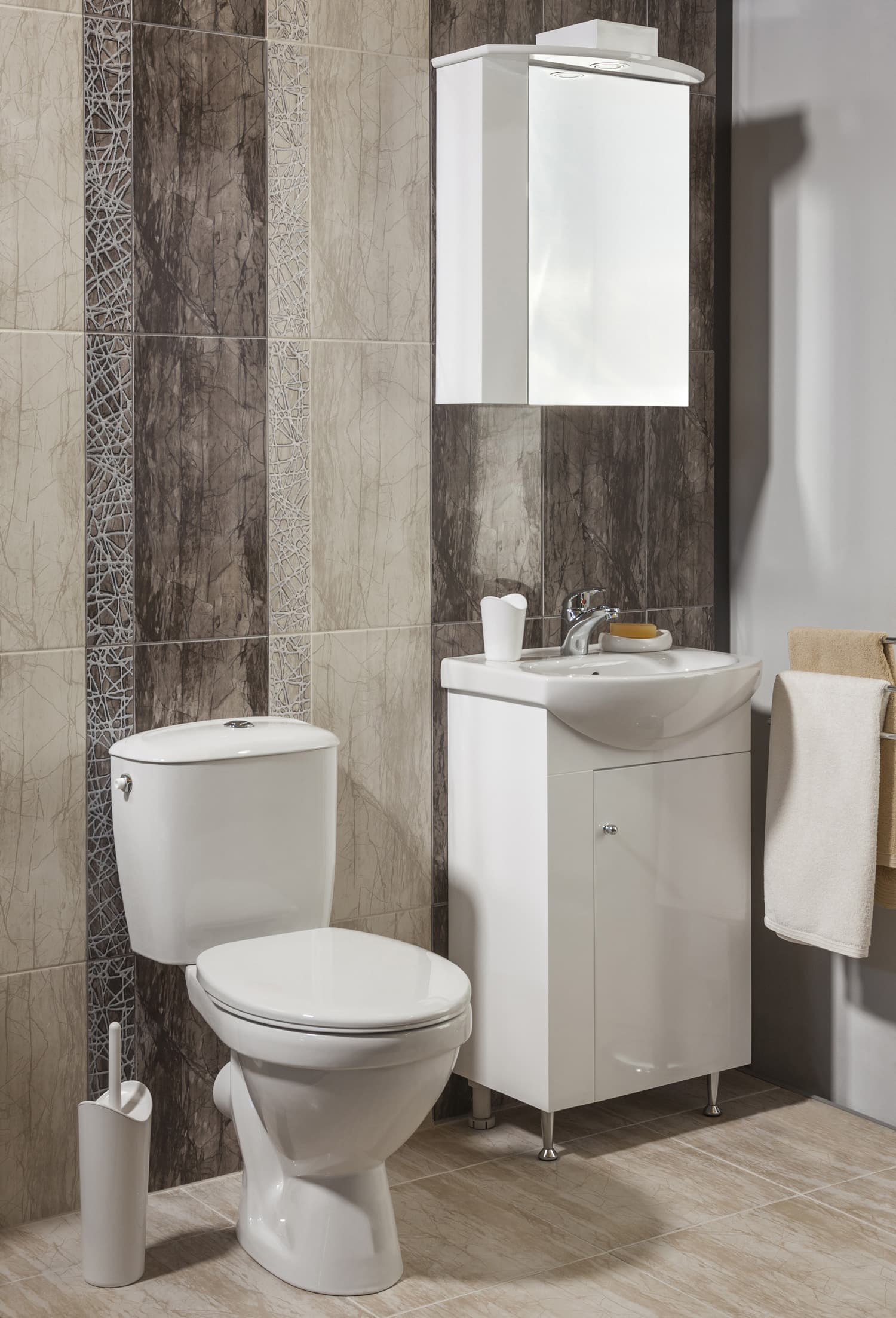
If the noise was a water hammer (also known as a pipe hammer), the issue is either an unsteady pipe or excessively high water pressure in the system. Call your plumber for a diagnosis if you can't locate the source of the noise.
In Closing
A noisy toilet may be the result of broken valves, leaks, and obstructions.
Keep in mind that odd noises can occur from anything attached to a water line, including your toilet, and they can be an indication of both minor and significant concerns. To detect issues early, keep your ears tuned to these sounds.
If you find this article informative, please check this out:
